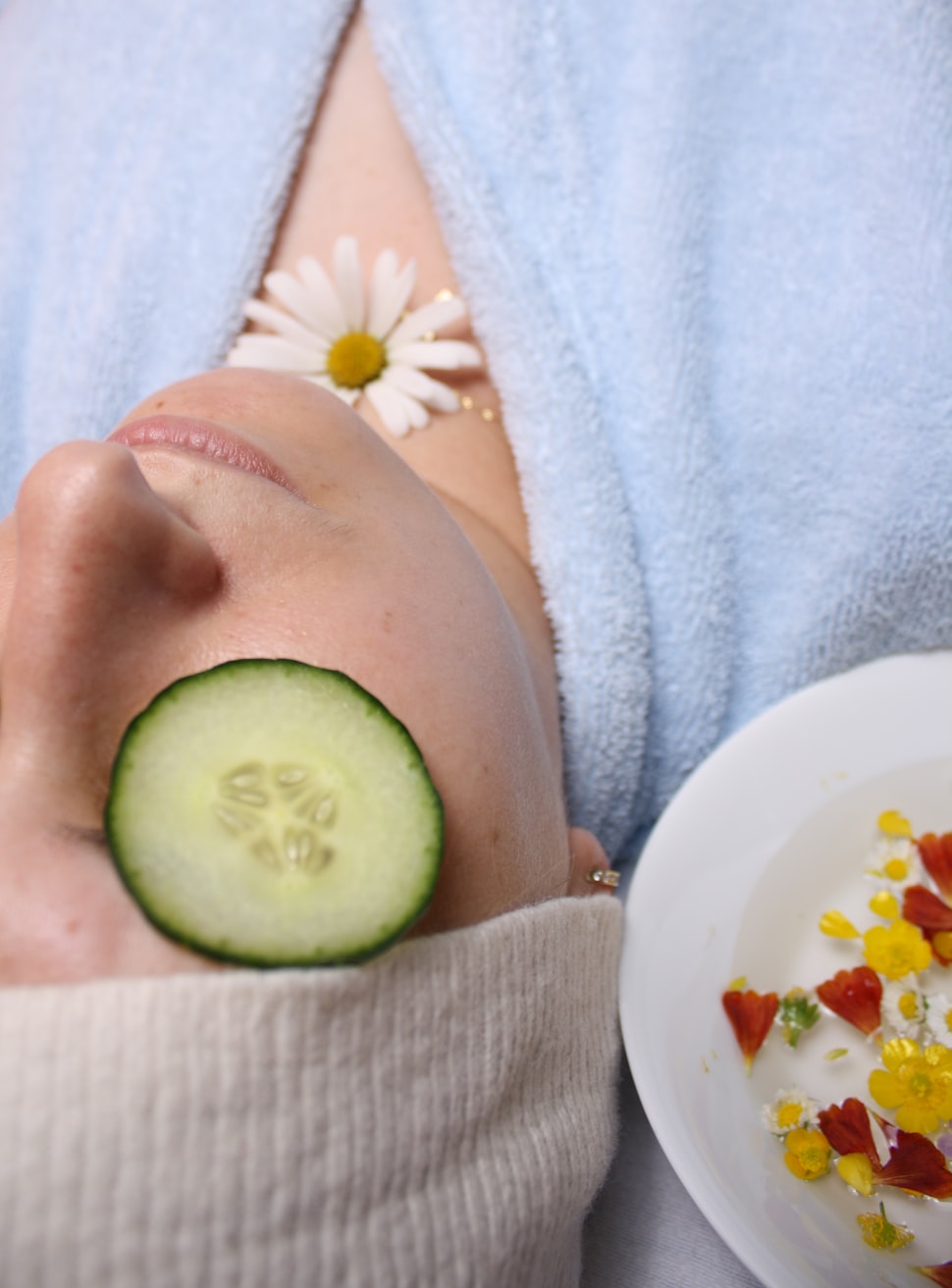Written by Kristin Bausch and Melissa Hernandez de la Cruz
In and of itself, a semester is tiring and stressful. When the fall 2020 semester began, we all knew we would encounter many differences from previous semesters. From reopening uncertainties and asynchronous classes, fall 2020 started on the brink of chaos that only those with the mental stamina could survive. College students traditionally struggle with midterms and finals, but after a semester that felt like an extended hell of finals season, plenty of students felt the effects of an inevitable burnout. Like soldiers returning from a gruesome war, tiresome and lethargic college students traveled home for the holidays. With the fall semester behind us and a month of break ahead, there’s no better time to focus on recovery. Although the COVID-19 pandemic is unfortunately ongoing, there are simple things you can do for yourself and your mental health after facing one of the hardest semesters imaginable.
Read on for some ways you can mentally recover from the brutal fall 2020 semester.
Set Aside Some Time for Yourself

Regardless if you worked from home all semester or are coming home from your college town, take some time for yourself. As the holidays approach, your family will want to spend time with you, and you may want to catch up with a few people here and there. However, after working so hard this semester, your mental and physical health is just as important as reconnecting with family and friends. A self care day never hurts.
Shannen Rivero, a junior at the University of Central Florida (UCF), said she will be relaxing and making sure to dedicate time every night to unwind and have some time to herself before heading to bed.
“I would encourage students to just take this break to relax and not think about schoolwork or classes,” Rivero said. “Just enjoy your break and do some of the things you love. Be proud of yourselves for making it through this very hectic semester.”
Now, more than ever, putting yourself first will come a long way. Listen to your mind and body. Understand that it’s not selfish to take a few hours, days or weeks for yourself.
Ask for Some Space

Treading off of the previous point, many of us learned from home this semester, whether for financial or safety reasons. With the fall 2020 semester ending, the people you live with might think you now finally have the time to do some extra chores, run some errands or take part in family activities. But being a full-time student and full-time son/daughter all at once can be overwhelming.
Neal Mohit, a senior at Howard University, said this semester felt hard because he needed to coordinate his schedule with his family’s schedule. He said focusing on self-care and relaxation can help give you some space for a bit.
“Try to separate yourself as much as you can from other people in your home,” Mohit said. “Families can be tense, as well as living with others, so take advantage of the nights when everyone is most likely asleep and watch a movie in your room and/or meditate.”
It won’t come across as rude to anyone if you explain why you may need a bit of space. You worked beyond your limits in conditions that were difficult. Given the circumstances of the year, I think we could all use a little break.
Reconnect with Things You Enjoy

Much, if not all, of our mental and physical energy this semester revolved around staying on top of things, staring at a screen all day and adapting to unusual learning environments. This may have strayed you away from the things you typically like to do aside from schoolwork.
D’Anna Lopez, a junior at the University of Florida, encourages students to get back into their hobbies.
“Self-motivation and time management are [the] keys to success,” Lopez said.
Wherever your passions and hobbies align, channel them this break and find the time to do them. This can help your mind break away from the routine of getting up and doing the same thing every day because you had no choice. With this break, let the choice be yours.
Reflect on How Much You Grew this Semester

Take a moment to pause. Now give yourself a pat on the back. Life would seem too bland if we had no challenges to overcome. The conditions of the fall semester were unfortunate, but they were also out of your control— acknowledge that. Reflect on the semester, identify your strengths and weaknesses and recognize things you learned both academically and about yourself.
Christian Matos, a junior at UCF, said the main takeaway from his semester was understanding his limits.
“It took a lot to work full-time and be a student full-time. Now I understand to not overwork myself in order to achieve my degree as soon as possible, and to work at a pace I am comfortable with,” Matos said.
Whether you learned a new skill, learned a new subject or even learned how adaptable you are, count these experiences as ones that helped shape your growth as an individual.
You Are Not Alone

COVID-19 created a shared experience like no other among all college students nationwide in fall 2020. College students lived through a considerably challenging semester as professors piled the workload, blending weekends with weekdays. The anxieties of needing to get work done daily in order to feel an ounce of productivity resulted in fatigue. On the other hand, some students procrastinated until the last minute because the pure fear of failing was the only driving force behind completing assignments. Keep in mind, what you feel now is what many students are feeling.
“With everything being online, I would spend my days in front of my computer screen continuously working. If I took a break, I would feel guilty because I felt as if I should be doing work rather than enjoying some free time. It led to a lot of mental burnout,” Rivero said.
COVID-19 left college campuses deserted and lifeless. Social gatherings, frat parties and tailgating vanished as the pandemic hit. While there were controversies of students partying during the fall semester, most students found themselves with social deprivation.
Patricia Luis, 21, a junior at Boston University, said that one lesson she took away from the semester was an increased need to focus on mental health before anything else.
“I struggled mentally because I couldn’t leave my apartment to get a break from school. My home also became my school and it felt like I had nowhere to relax,” Luis said.
Luis said spending time with her family will be her main focus this winter break, and she encourages others to focus on their mental health.
Take Care of Your Physical Health

We all know how treacherous our eating and exercising habits get during peak finals times. Additionally, sitting inside all day contributed to those random strolls to the fridge every 30 minutes. There were no walks to campus, and considering all the precautions, leaving the house or the apartment felt like a risky decision. As you settle into your family’s home, focus on your physical health too. Catch up on the needed sleep you lost for so long during the fall semester. Start working out and getting those endorphins back into your body from the lack of physical activity.
Kurt Taegar, a junior at UCF, said he will dedicate the break to exercising and safely traveling.
“I would encourage exercise and reflection above all else, and finding productive outlets for creativity,” Taegar said.
Workout routines or even a simple jog to clear your mind do wonders for your physical and mental health. After a sedentary fall 2020 semester, exercising will take you out of your rut and transport you away from the fall semester mentality.
You did it!

Above all else, there needs to be a sense of accomplishment. After a historic semester during a historic year, you made it past the chaos, confusion and challenges. The College Magazine team applauds you all for being so resilient in a time where uncertainties crowd us. We hope that winter break will be the reset button we’ve all been waiting to push since the beginning of the fall semester. It’s time to begin anew.



















